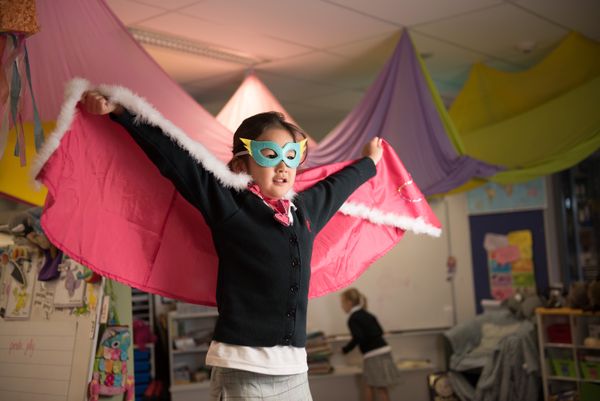Junior School Learning Adventures
by Wayne Rivett, Head of Junior School
This week we interviewed the mother of an incoming Year 6 student (2024) for an educator role at Penrhos.
When asked the obligatory question of ‘what made you apply for this position’, she was clear: she had recently attended our Orientation Morning and was so impressed with our culture.
What makes for a positive school culture?
I should note she didn’t actually mention the word ‘culture’ – I am summarising her impressions. She did say she loved the tradition Ms Haran and I have for the start of assemblies – the ‘Good Morning’ competition. She said she was glad I always lose this battle, as Kalea is my boss, and I get to keep my job. I agreed.
She noted the happy students, and their love for a stuffed turtle called Twiggle, who is awarded to someone who does something thoughtful and kind. As this mum works in another school, she has already suggested to her Principal that the kids learn the National Anthem in Noongar, like our students so proudly sing. She also loved our wellbeing dog, Layla, and delighted in the confident, happy Penrhos students she saw on campus. Performances by our music students, including our new rock band, PenRock, were also a highlight and captured her attention.
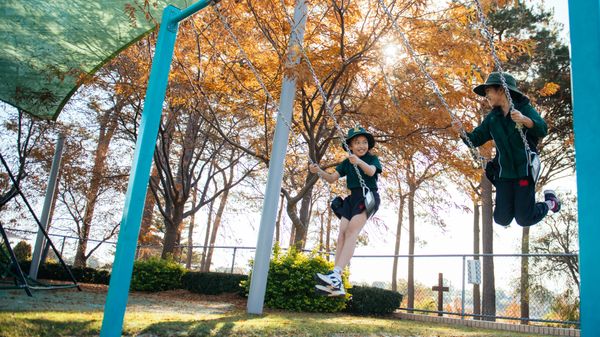
This is a school where all students are known by staff and leaders by their name. A school where students can be their truest selves, make mistakes, proudly love mathematics and tell everyone about it! It’s a school where you feel safe and loved for who you are now, not who you will become.
Now that is culture.
We are so proud of the staff and students who have grown this culture in our Junior School over many years. Looking back, 2023 will stand out in my memory as the year we began our journey with the International Baccalaureate (IB) Primary Years Program (PYP).
We already had a strong base for this journey, with our successful New Vision in the Early Learning Centre. Our family-centred approach, play-based pedagogy and our ‘Love Grows Here’ motto has resonated so well with our school community. Parents are welcome and the number of families who stay back after school to enjoy our beautiful Junior School grounds is evidence of this. Our staff have been slowly but surely learning more, and experimenting with, the philosophy of the IB.
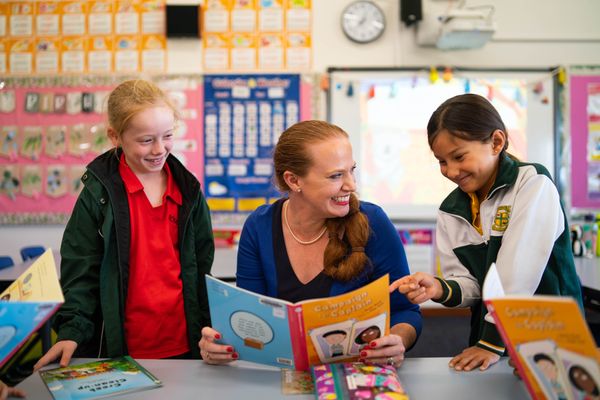
What is the IB?
The Mission Statement is clear:
The International Baccalaureate® aims to develop inquiring, knowledgeable and caring young people who help to create a better and more peaceful world through intercultural understanding and respect.
To this end, the organisation works with schools, governments and international organisations to develop challenging programs of international education and rigorous assessment.
These programs encourage students across the world to become active, compassionate and lifelong learners who understand that other people, with their differences, can also be right.
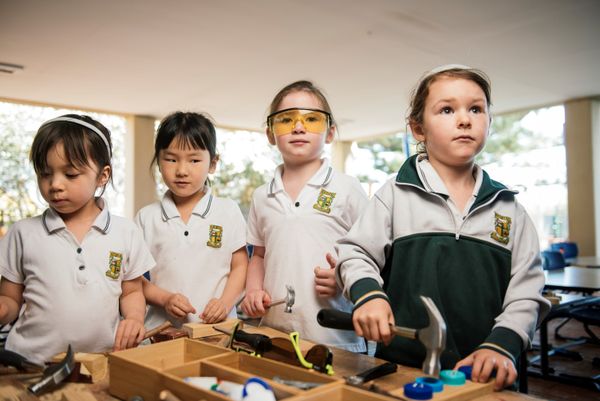
From my point of view, there has never been a better time to implement a framework like the IB. The rise of Artificial Intelligence (AI) has made this clear. Why? Because the IB is all about the process of thinking, our conceptual understandings, and our deep learning. It is about developing a sense of intercultural understanding and respect – not as an alternative to a sense of cultural and national identity, but as an essential part of life in the 21st century.
The IB gives students distinct advantages by building their critical thinking skills, and by nurturing their curiosity and their ability to solve complex problems.
What is the IB difference?
The IB PYP will provide our students with the mindset and lifelong capacity to achieve the following:
Developing international mindedness – IB students explore issues and ideas at a local, national and global level to foster a greater understanding and appreciation of differing perspectives and diverse ways of being and living.
Nurturing curiosity – the inquiry-based approach of the IB sparks natural curiosity and interests. This helps cultivate a love of learning as students play an active role in, and are agents of, their area of inquiry.
Building critical thinking skills – learning is structured through concepts to help students tackle complex ideas, form deep connections to content and understand how subjects work together, in the world beyond the classroom.
Harnessing the ability to problem solve – the IB values transdisciplinary learning; not traditional subjects in isolation. Real world problem solving is highly valued.
Preparation for life beyond home and the future world of work – the IB develops skills in conducting inquiry and research, which provides a strong foundation for success in higher education and benefits students throughout their careers.
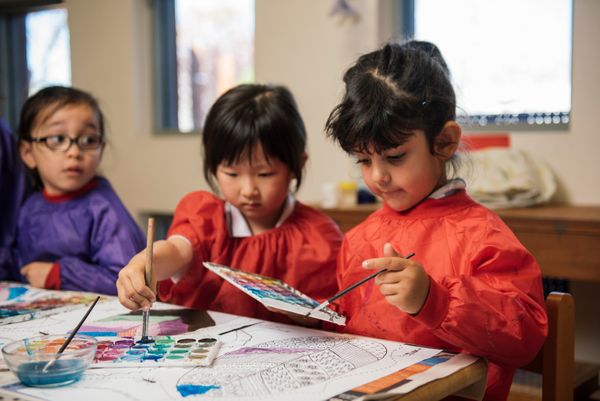
From an early learning perspective, the PYP acknowledges the unique needs of early learners, aged 3 to 6 years. It is a distinguishing feature of the program which recognises that learners in this age range require approaches that honour their developmental stage, and the importance of play as the vehicle for inquiry.
Since experiences during the early years lay the foundation for all future learning, the PYP framework allows educators to make choices to best enable learners to flourish. Early learning in the PYP is a holistic learning experience that integrates socio-emotional, physical and cognitive development. In the PYP classroom, it takes place in dynamic environments that promote play, discovery and exploration.
At the heart of the IB philosophy is the belief that students should be active participants in their education. Students are empowered to take charge of their own learning and flourish in our ever-changing world. An IB education encourages students to be curious, think critically and challenge the status quo.
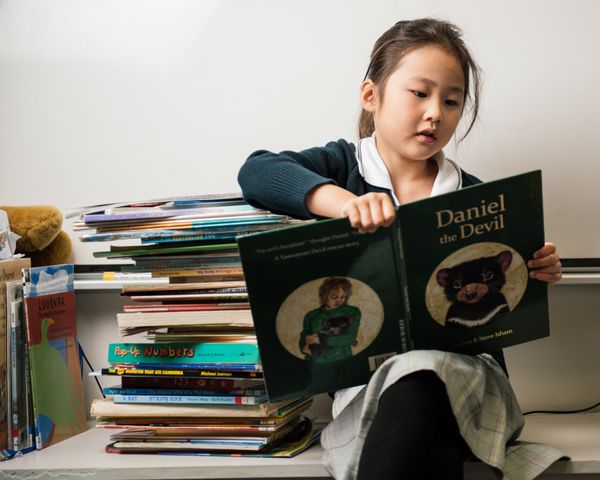
Back to AI – the International Baccalaureate’s position:
Rather than shying away from AI, the IB is excited by the opportunities that these tools bring to education to enhance learning experiences and provide additional support to our students. AI tools are designed in a way that they can be used to encourage students to think critically and creatively, by engaging students in thought-provoking discussions and challenging them to think beyond the usual perspectives.
Students will need to be taught to understand the bias inherent in the content that an AI tool produces and to critically review it—an important skill to learn in an IB education.
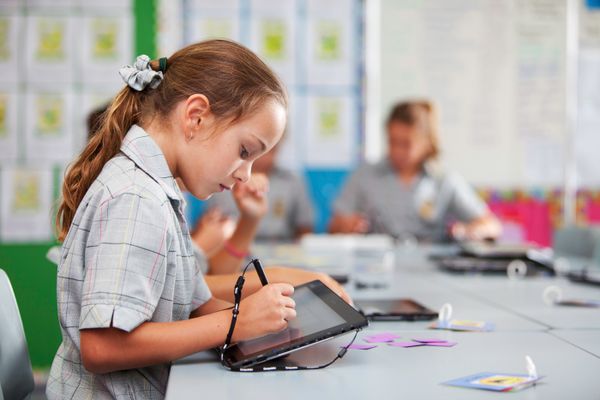
While we know these tools are beneficial for students, they also hold the potential to lighten the workload of our dedicated educators and schools. By leveraging these AI tools, educators can free up valuable time to spend more quality moments with their students.
A Final Loop Back to Culture
The planets are aligning! Not really as a cosmic force, but more based on a few years of planning at Penrhos. The Penrhos Learner Profile reflects the IB Learner Profile with as much emphasis on being caring and courageous as there is on being knowledgeable and open-minded. The commitments of our Penrhos Strategic Plan match the ELC New Vision and our Junior School pedagogy – our students have ‘No ceilings’, will certainly ‘Make their own adventure’ and my personal favourite, that they really do know how to ‘Find the fun’.
I have said it before: we do not value the stereotype of the ‘good girl’. For too long, the perception of being good hinges on compliance and doing what you are told, without question. This is not growth, and not safe. I believe our students should question, be curious, and be strong. And of course, be respectful in this space.
They will be a ‘Force for good’.
Now that is the culture we know and love in our Junior School.
